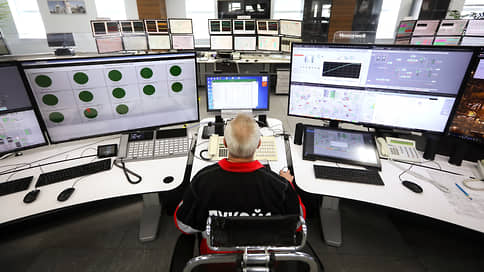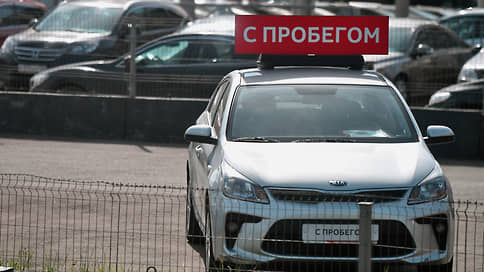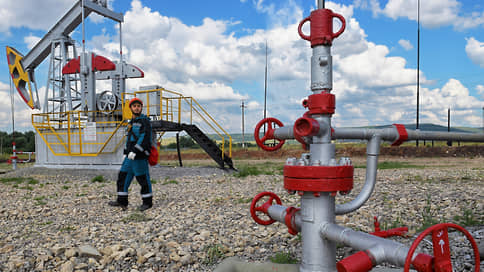An experiment on the collection of industrial data using AI is planned

The Federal Center for Applied Development of Artificial Intelligence plans to send an experimental legal regime for the collection and aggregation of industrial data using AI in the Ministry of Economy in the Ministry of Economy. As the first deputy head of the Center Levan Daraselia said at the Tsipr-2025 conference in Nizhny Novgorod, at first the initiative will solve the problems of predictive analytics of failure of equipment, logistics and ensuring safety in production. The most prepared industries in the Ministry of Industry and Trade are called metallurgy, chemistry, auto industry and pharmaceuticals.
The Federal Center for Applied Development of Artificial Intelligence (FCC, subordinate to the Ministry of Industry and Trade) plans to send an application to the Ministry of Economy for the experimental legal regime (EPR) for the collection and aggregation of industrial data (obtained from production equipment and automated control systems-from digital data on the work of machine tools, including warehouses and logistics) using II in B. June of this year. As Levan Daraselia reported at the relevant session of the Tsipr-2025 conference in Nizhny Novgorod, the data turnover will solve the problems of predictive analytics (automated data analysis to predict events) to evaluate the prospects for the failure of equipment, solving logistics problems and safety problems in production, then the list will expand. The center is working on EPR together with the Ministry of Industry and Trade and the Ministry of Economy.
The experiment involves the creation of a closed digital circuit – the industrial data platform, where the FCPrius will aggregate them according to agreements concluded with enterprises.
“For three years we plan to see how certain barriers interfere with the development of the industrial data market, what the regulatory framework is needed, what other resources are needed,” said Mr. Daraselia. According to him, 10-15 organizations participate in the project. The center expects that the implementation of the initiative will give an impetus to create an industrial exchange exchange.
As the director of the big data Association Ilya Kananykin noted, in 2023–2024 the companies received more than 500 billion rubles. operating profit due to the implementation of industrial data. By 2030, large data in industry can bring to the economy of the Russian Federation a total of 1.8 trillion rubles. At the same time, a number of barriers impede the implementation of the potential: legal, technical, economic and organizational, the expert emphasized. Among them are the unresolved concepts and norms, the lack of methodological approaches and data standards, security problems and confidentiality, risks of losing competitive advantages due to the potential possibility of access to data for competitors.
According to Vasily Churanov, CEO of the Mechanical Engineering and Metal processing division, the main effect of the use of industrial data within the local enterprise is primarily in increasing the efficiency of equipment loading.
“If you transfer it into money, this is hundreds of millions of rubles a year,” he said. At the local level, many enterprises have learned to use the industrial data that they collect from the equipment, the expert noted. In addition to increasing effectiveness, this makes it possible for the flexibility of planning, predicting breakdowns, technologies, he added. Meanwhile, the effects at the level of individual plants are insufficient for the effect for the industry, Mr. Churanov emphasized.
“Experiments in the field of industrial data processing will allow you to run into tools for collecting, processing, aggregation, consolidation, cleaning, traceability, data markings, which today have become a common place in industry, and somewhere still remain the property of the industry leaders so that these achievements are faster than the Digital Technology Department of the Ministry of Excursion of Vladimir Rain. According to him, the first participants in the pilot can be industries such as metallurgy, chemistry, auto industry and pharmaceuticals. EPR elaboration began in 2024, at the moment the concept of the experiment is discussed with key participants in the market and the FCCP, they reported in April “I” in the Ministry of Economy. “The initiative on our part is supported, but there is still a significant amount of work and coordination with interested fordens and organizations,” the department noted.




:format(jpeg):fill(f8f8f8,true)/s3/static.nrc.nl/taxonomy/bf9b707-commentaar-itemafbeelding-2024.png)

